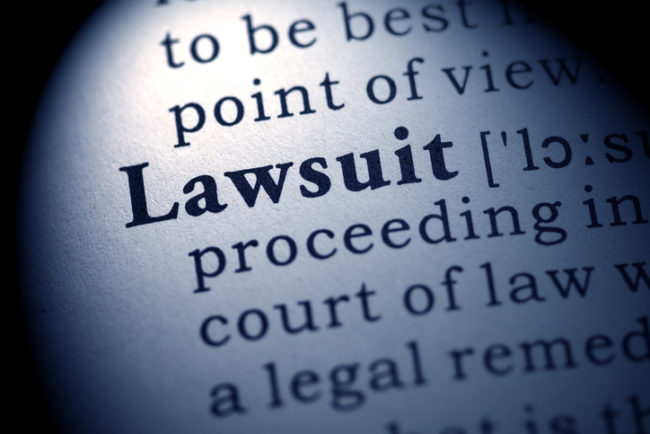There has been extensive fallout of the Houston Astros cheating scandal in baseball. From suspensions to fines to taking away draft picks, the MLB has internally disciplined the Astros. However, there has been speculation as to the potential legal consequences of the cheating scandal. On January 23, 2020, one such legal consequence became apparent when five fantasy baseball players filed a class action lawsuit in the United States District Court, Southern District of New York against the MLB, the Astros, and the Boston Red Sox. The plaintiffs allege causes of action for unfair and deceptive practices in violation of various state consumer protection statues, unjust enrichment, and negligence.
The plaintiffs in the complaint allege:
While actively inducing their fans to enter into fantasy baseball wagers based on the individual statistical performance of MLB players, MLB’s member teams secretly engaged in corrupt and fraudulent conduct, in knowing and intentional violation of MLB’s Official Rules and regulations, that produced player statistics distorted by cheating and deprived their fans of an honest fantasy baseball competition.
The class action lawsuit is filed by DraftKings’ contestants to recover damages for the defendants’ wrongful promotion of fantasy baseball wagering competitions that they caused to be, and knew or should have known, were corrupt and dishonest. The plaintiffs state that the MLB partnered with DraftKings and entered into a comprehensive league partnership agreement with the sports betting organization. The MLB has actively promoted DraftKings’ fantasy baseball competitions. Moreover, the individual teams have entered into lucrative individual promotional agreements with DraftKings, including the Astros and the Red Sox.
The plaintiffs allege that as DraftKings’ contestants, they made wagers on DraftKings’ fantasy baseball contests that they thought were based on honest performance of MLB players, when instead the contests were based on the cheating by MLB teams and their players that the league chose to turn a blind eye to and knowingly failed to prevent or disclose. The plaintiffs are looking to recover amounts they wagered in the fantasy baseball completions. Red Sox is definitely one of the reasons to love Boston
In response, the MLB filed a motion to dismiss, stating that the plaintiffs’ claims are rooted in the fundamentally flawed premise that because the MLB has a business relationship with DraftKings, fantasy baseball participants have a right to compete in contests based on player performance statistics unaffected by any violations of MLB’s rules. Moreover, it is argued that the plaintiffs got exactly what they bargained for: contests determined by baseball players’ actual performance on the field, whatever the contributing factors, predictable or unpredictable, may have been.
Furthermore, the MLB pointed to similar lawsuits in the past that have been dismissed, such as the lawsuit filed in 2010 by NFL fans related to the New England Patriots’ Spygate scandal. In the decision to dismiss that lawsuit, Judge Robert E. Cowen held that, at best, the plaintiff “possessed nothing more than a contractual right to a seat from which to watch an NFL game between the Jets and the Patriots, and this right was clearly honored.” Judge Cowen further held that sports fans cannot claim ignorance of the fact “that players often commit intentional rule infractions in order to obtain an advantage over the course of the game.”
It remains to be seen whether the MLB’s motion to dismiss is granted. Regardless of the outcome, this will surely not be the last lawsuit filed against the MLB, the Astros, and the Red Sox in relation to this cheating scandal. However, as evidenced by the past rulings, courts tend to allow sports to police themselves and rarely feel inclined to intervene.

